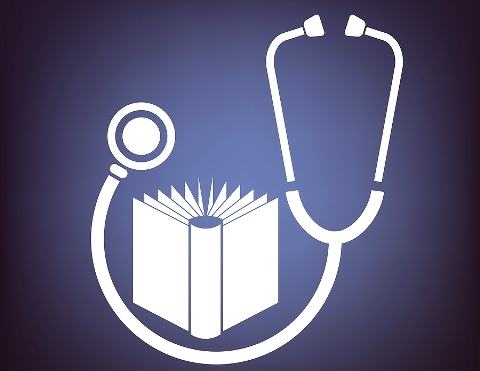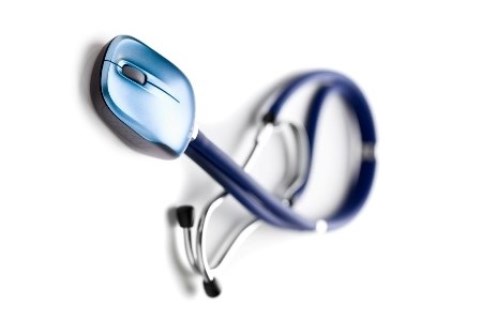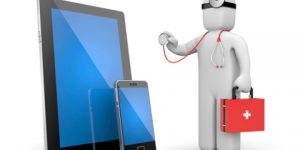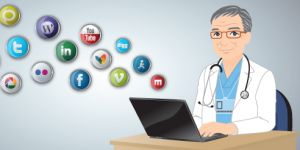ICTpost mHealth Bureau
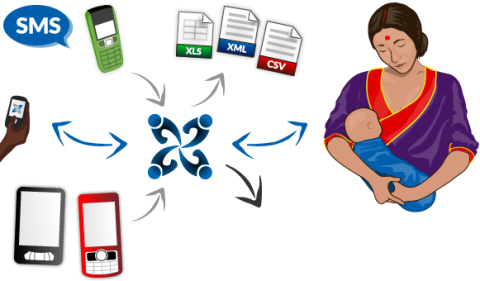
Mobile phones are an important method of encouraging better doctor-patient communication and will undoubtedly increase in application over coming years. It offers us many transformational opportunities. We can use smart phones as a data upload/home hub device; as a device to engage the consumer around health content; to display health-related information at just the right moment in just the right context. We can also use the cameras to capture relevant health information (e.g., home test results). We can use them to message you in the moment with contextually relevant, motivating messages.
What makes smartphones so smart is that they are are powerful portable computers that retrieve or transmit information via telephone or wireless networks. Best of all, smartphones are affordable and integrate seamlessly with other computers and smart devices we possess. This makes smartphones an ideal physician assistant for encouraging patients to follow our recommendations. It has the potential to make healthcare addictive.
Recent research shows that checking your phone results in a small release of the neurochemical dopamine. Dopamine release has long been associated with ingestion of addictive substances such as heroin and tobacco. In fact, once the pattern of ingestion and dopamine release is established, even thinking about the ingestion triggers the dopamine release, the biochemical explanation for cravings.
The evolution of mobile apps has made them the proverbial Swiss army knife of electronic devices. We communicate with them and the need to communicate is a profound human instinct. We can capture and share our lives through the camera and other sensors.
Here are some three strategies we may follow in mobile healthcare.
Strategy #1: Make it about life. Patronizing conversations with folks ? threatening them with worsening chronic illness if they do not comply are really old school and largely ineffective. If we can get inside your head and learn what your aspirations are (find a mate, look 10 years younger, get into a swimsuit, etc.) and tie our health-related messaging to those aspirations, we have a better chance of long-term health improvement.
Strategy #2: Make it personal. The more context we know about you, the more we can message you in a very relevant way. The days of public health-related, widespread messaging are going away in favor of personalized medicine. Mobile health must follow.
Strategy #3: Reinforce Social Connections. There are many motivational tools showing up in products on the market these days incentives, games and coaching to name some but those with a social component tend to have a greater impact. While not universal, the desire for affiliation runs deep and none of us wants to appear unhealthy to our friends or family. Social networks will be a powerful tool to increase accountability and adherence to care, and wellness plans and mobile phones make social interactions that much more convenient. editor@ictpost.com


